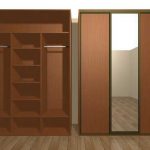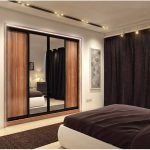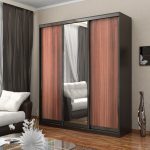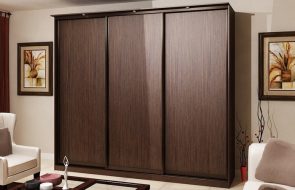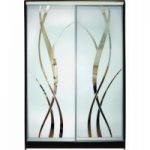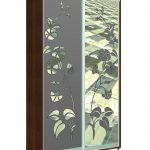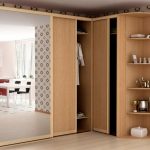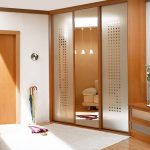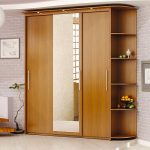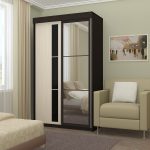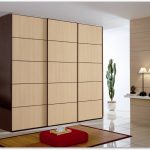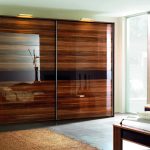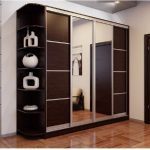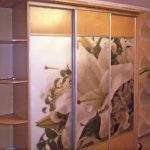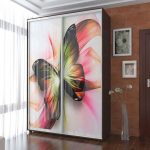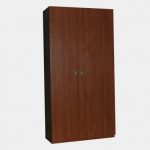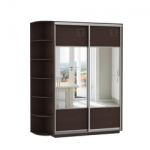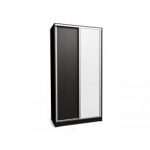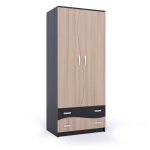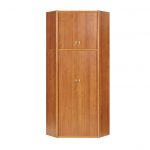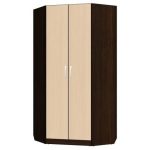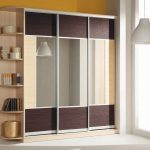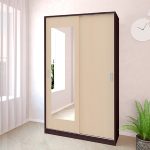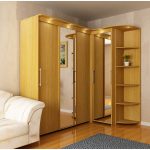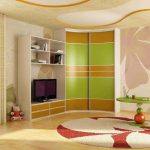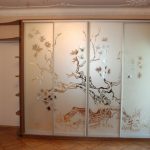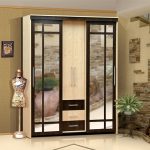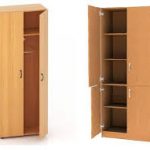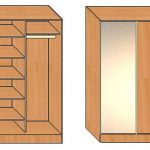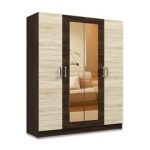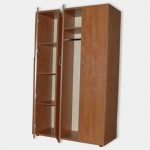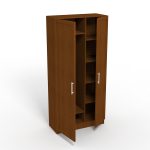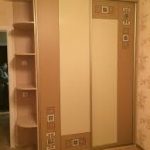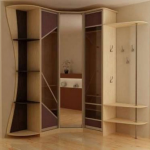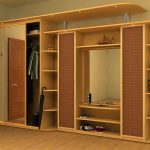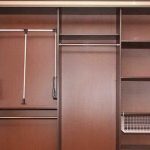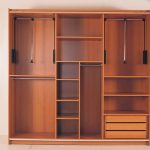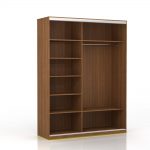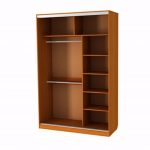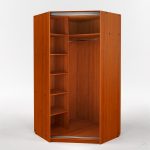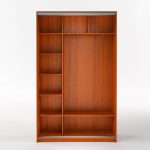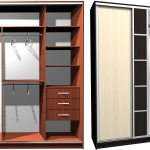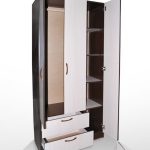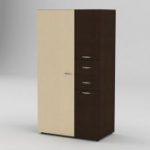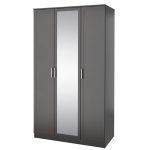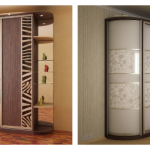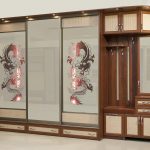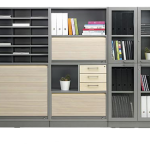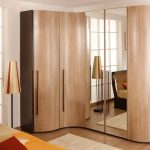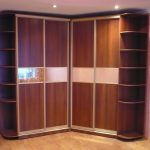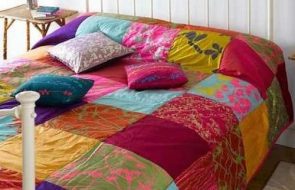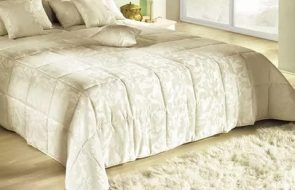Cabinets can be produced as a separate body or built-in.
Built-in ones are mounted directly to the wall of the room where they are located. The advantage of some models is the ability to disassemble, move and put them anywhere. Cabinet models always have a back wall of the cabinet. It isolates the interior space of the cabinet, makes it aesthetically pleasing, especially if the wall behind it is uneven, without finishing. The back wall of the cabinet rigidly fastens the entire structure, holds it strictly in a vertical position.
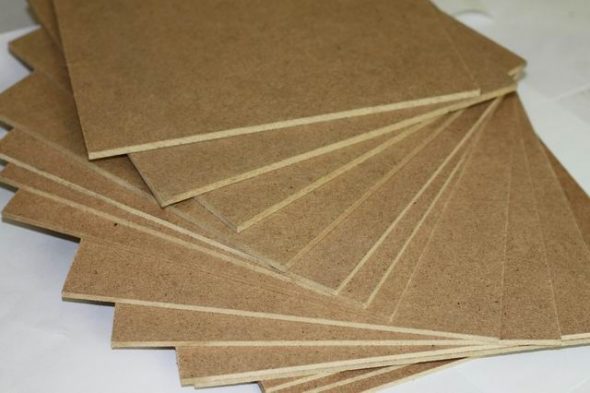
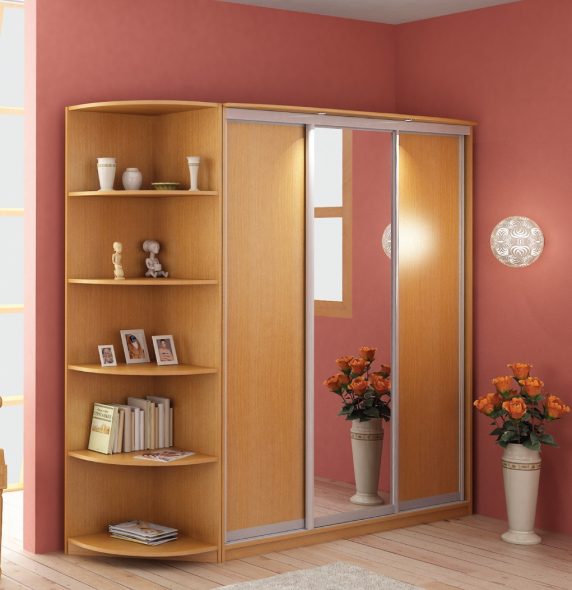
make from laminated chipboard.
The sliding wardrobe is divided into sections, drawers, shelves and filled with things very unevenly. Under the influence of load, the sliding wardrobe can deform. To prevent this, in addition to the back wall, special stiffening ribs can be provided inside.
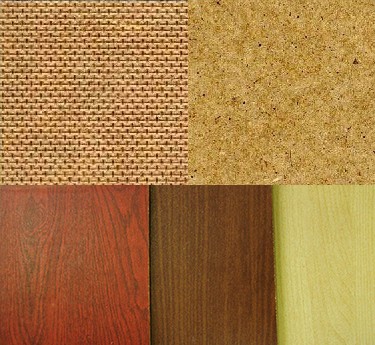
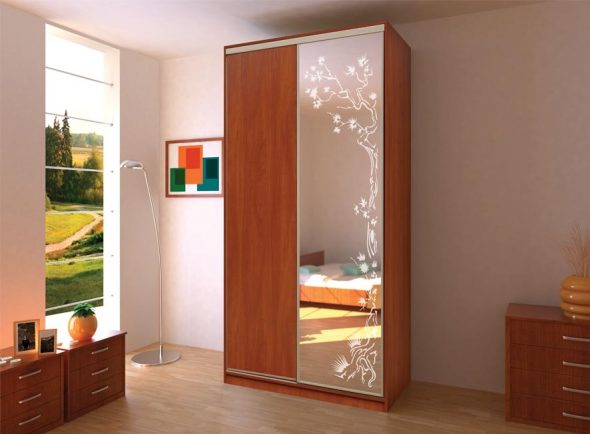
margin of safety.
Content
What is the back wall of the cabinet made of?
The back wall of the cabinet is made of fiberboard (FB), laminated chipboard (LDSP).
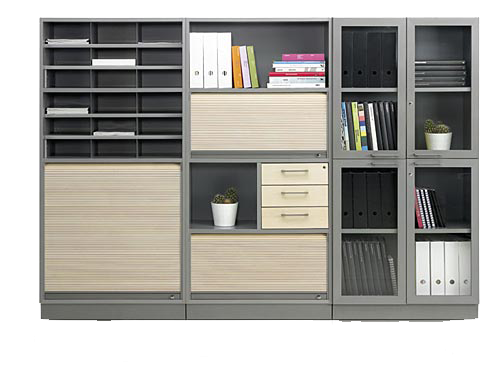
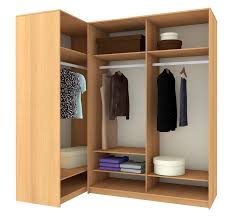
Wood fiber board consists of wood fibers, synthetic resins, fillers, and water.
It differs:
- for general and special purposes;
- by hardness - superhard, hard, semi-hard, soft;
- by thickness.
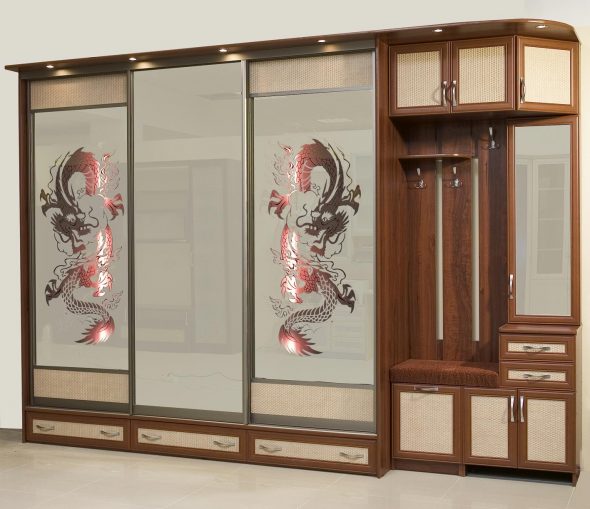
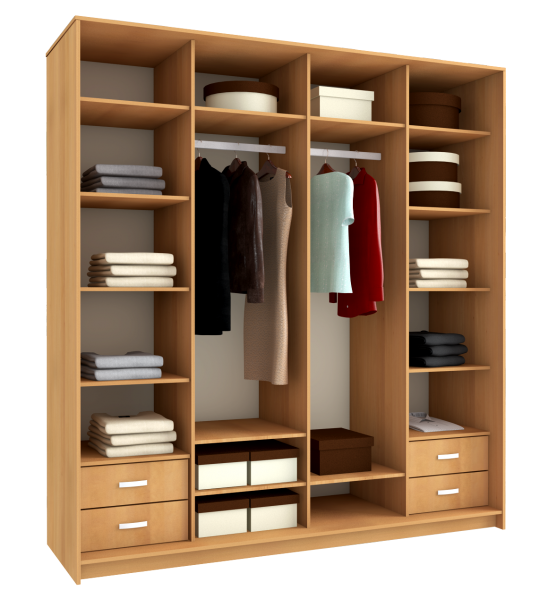
The boards can be smooth on one or both sides, varnished, covered with laminate film, artificial veneer. They also differ in the degree of reaction to moisture, fire resistance, exposure to sunlight. The most commonly used are hard types: fine-dispersed fraction (MDF) or hardboard and harder, modern material HDF from coniferous wood.
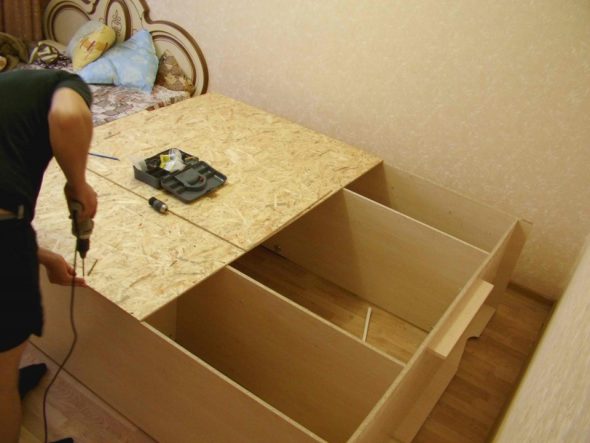
each of which would only need one sheet.
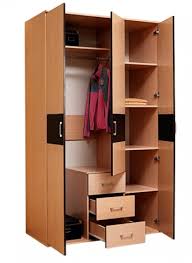
Particleboard is a mixture of sawdust and resins, which, under the influence of high temperature and pressure, turns into a homogeneous, durable material.
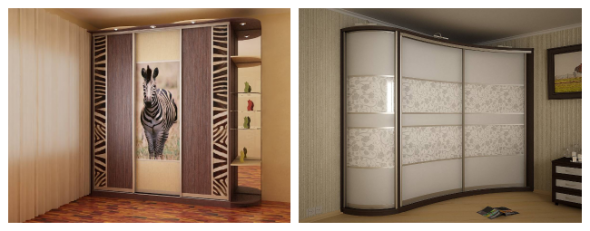
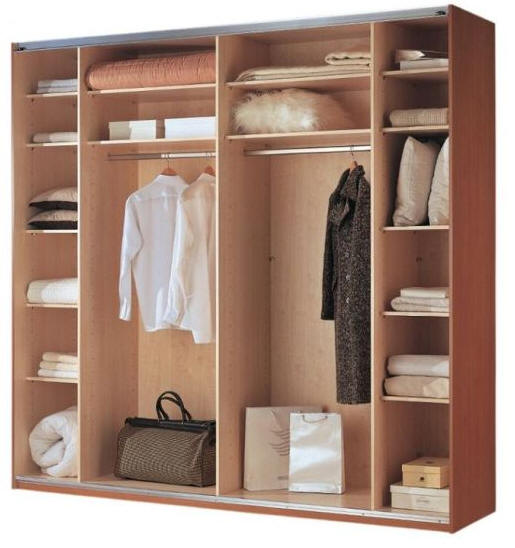
split the plate and then screw in the screws.
It differs:
- by grade, which is determined by the appearance of the product;
- by number of layers;
- by degree of surface roughness: unpolished,
polished, laminated;
- by density;
- according to some other indicators.
| Properties | fiberboard | Chipboard |
| Price | Low | Tall |
| Thickness
| 3-5 mm
| 10,16,18 mm
|
| Impact on
strength constructions | For high models not
recommended
| Significantly enhances
strength |
| Reaction to moisture,
scratches
| One side with unlaminated surface can absorb moisture, deep scratches can damage the sheet | Laminated surfaces are moisture-proof and scratch-resistant.
cause significant damage damage to the material |
| Diversity
flowers
|
Five colors
| Unlimited
quantity, colors not differ from color product housings |
| Possibility of mounting tall cabinets to the wall | Complicated due to
small thickness slabs
| Any fastening to the wall |
| Parts Compatibility | You can only
overlap friend, what can be viewed
| Insert into each other,
organically and unnoticeably with sides |
| Assembly | The assembly is done in
in the "lying" position, what does it require additional spaces
| The cabinet is assembled in
in a standing position, almost on the spot installations
|
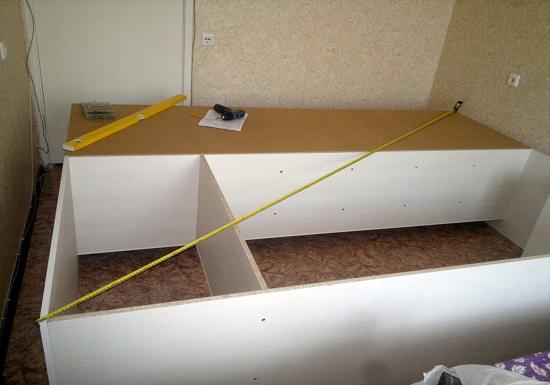
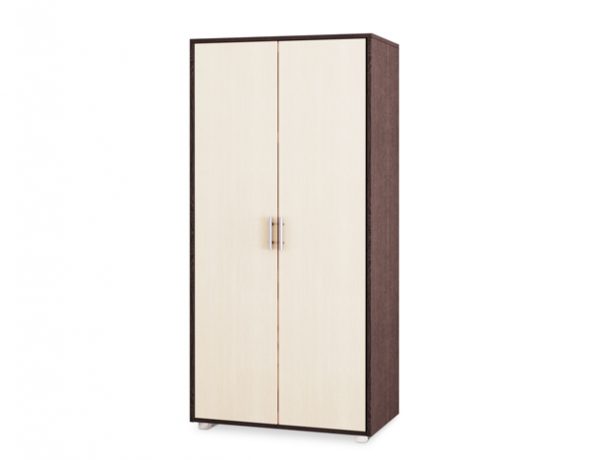
As we can see from the table, what the back wall of the furniture is made of affects the appearance, ease of assembly, and durability. The back wall of the cabinet, the material of which is laminated chipboard, is better in all respects, but it also costs five times more. Naturally, its use significantly weighs down the product.
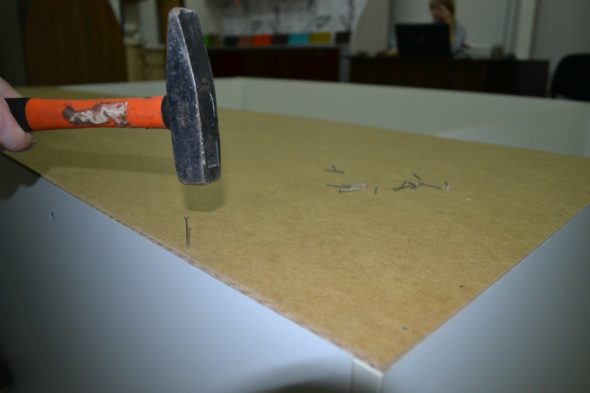
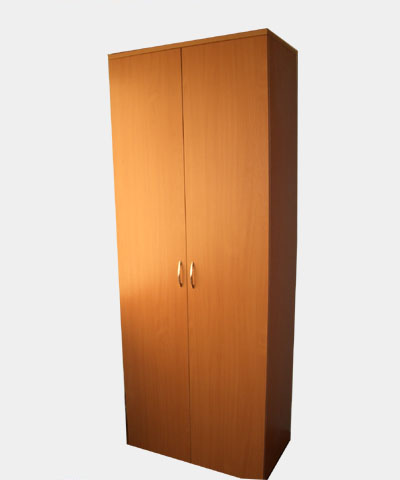
In case of tall models and heavy loads, for example, in the form of books, the question of what the back wall of the cabinet should be made of does not arise. For safety and reliability, it should be made of laminated chipboard.
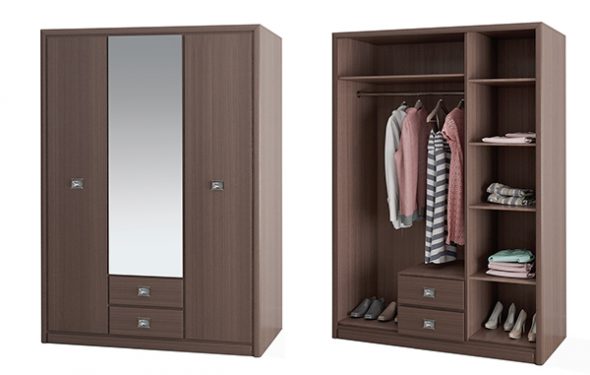
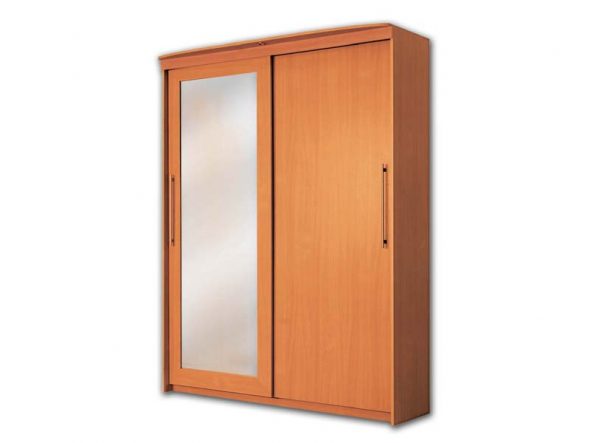
In other models, the material from which the back wall of the cabinet is made can be fiberboard, which differs not only in thickness and density. Wood-fiber boards have a good margin of safety. It is also possible to note the duration of operation (up to 30 years) while maintaining the original parameters, the environmental safety of the boards.
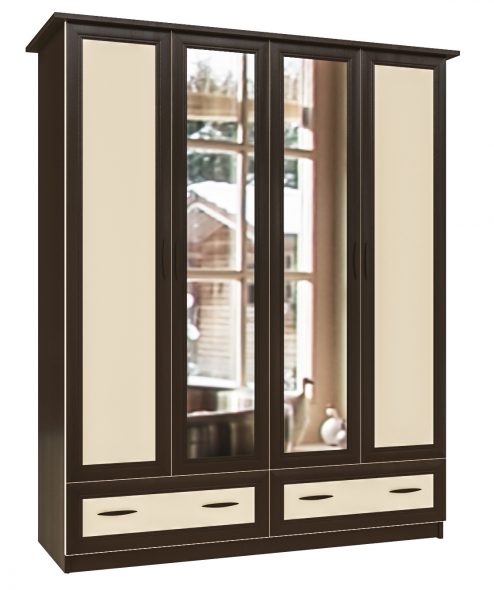
How to strengthen the back wall of a cabinet?
Attaching the back wall of a cabinet is not an idle question. Some people suggest nailing the back walls of cabinets.
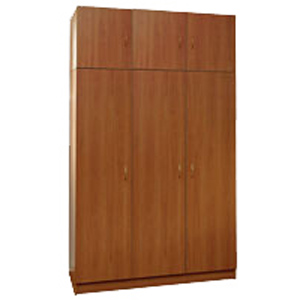
they can be disassembled, moved and placed in any place.
Yes, this method allows you to do it quickly, but such fastening of the rear walls of the cabinets reduces the rigidity of the structure and its strength. In this case, the material of the case and wall is destroyed, creating difficulties in the future when disassembling such a product. It is also not recommended to use a construction stapler. It is best to use self-tapping screws with a washer.
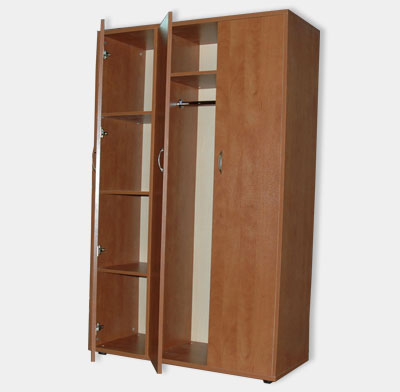
the material of which is made of laminated chipboard, which is better in all respects, but also costs five times more.
If laminated chipboard is used, holes are first drilled to avoid splitting the board, and then screwed in. The rigidity of the entire structure is improved by fixing the sheets in the grooves selected with a cutter in the end posts, cover and bottom of the product. It is important that the dimensions of the sheet being fixed match the dimensions of the closed space very precisely.
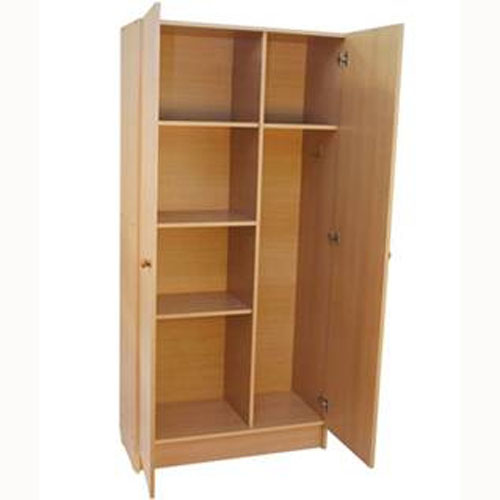
Fastening is carried out along the perimeter:
- to partitions and end walls;
- to the ceiling from above;
- to the base of the structure;
- to permanently fixed shelves.
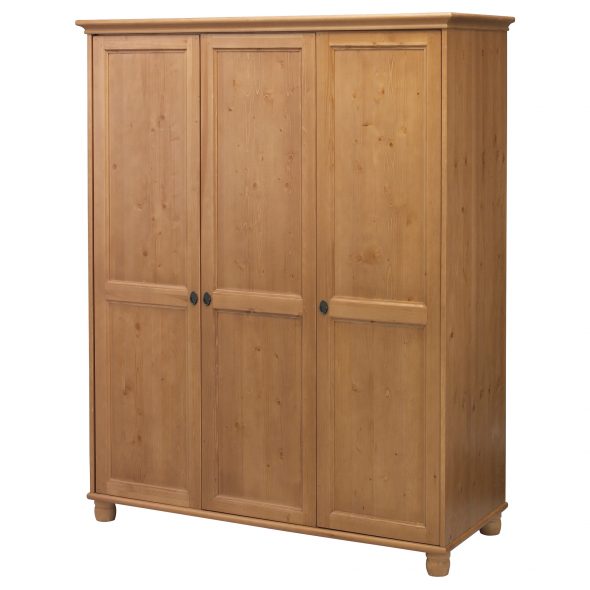
How to fix the wall at the joints?
One sheet may not be enough to cover the entire back surface. To do this, you need to use several sheets. In this case, the following options for joining sheets are possible:
- if the joint lies on the end of the partition:
– both sheets are pressed against the partition using self-tapping screws with a washer;
– the sheets are joined with an overlap;
- if the joint does not fit on the end of the partition:
– both sheets are connected using a mortise strip into which they are inserted;
– the sheets are glued together.
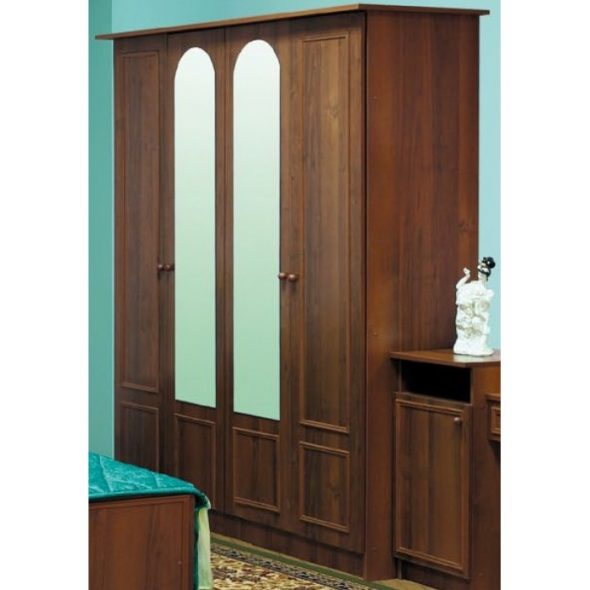
covered with laminate film, artificial veneer.
To overcome these problems, you can design a compartment from sections, for each of which one sheet would be enough. The sections are assembled separately, then they are connected to each other at the place of further placement of the product and form a single structure.
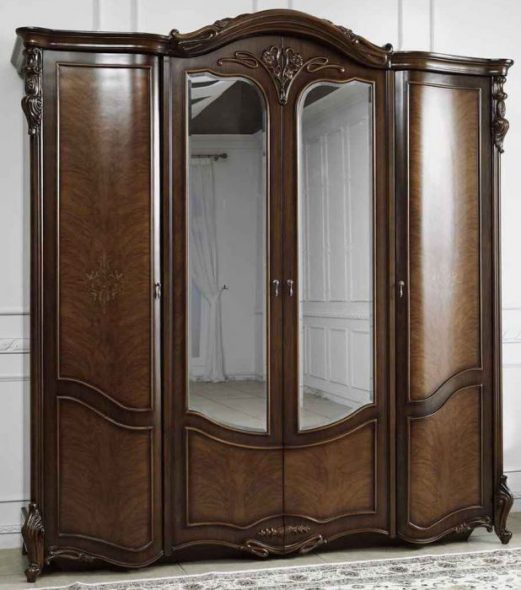
resins, fillers, water.
VIDEO:Back wall
50 Photo Ideas: Back Wall of a Wardrobe

